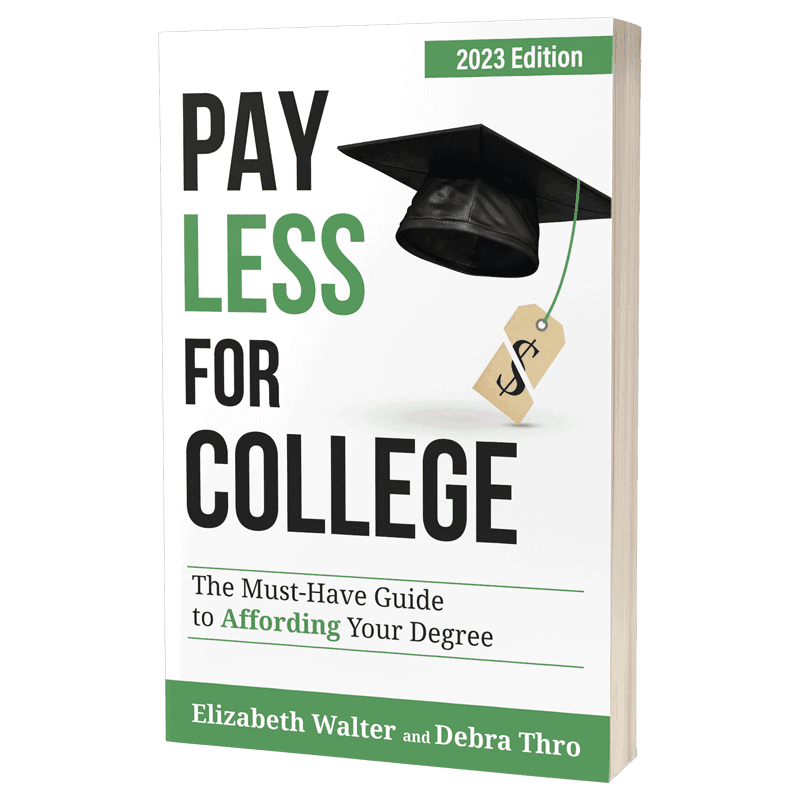Four Steps to a Successful College Interview
The college admissions interview is a tremendous opportunity! An interview adds color and depth to the basic facts of your application. It allows you to ask questions that will help you decide if that college is right for you. It is a chance for you to set yourself apart from other applicants. With the right preparation, you can ace your college interview and tip the scales of acceptance in your favor.
Interviews are sometimes required as part of the application process, optional for interested students, or not offered at all. An interview may seem intimidating but it is not meant to make you feel uncomfortable. Rather, it is meant to facilitate a conversation that helps you and the school learn more about each other. Interviews almost always work in your favor, and if you have the chance to do an interview at a college of interest, grab it! Follow these 4 Steps to a get the most out of your college interview:1. Connect with your admissions counselor
Colleges assign each applicant an admissions counselor, usually based on the region of the U.S. that applicant comes from. This information is usually listed on the college’s admissions page but if you can’t find it, call and ask. Early in your research, before your interview, connect with your assigned admissions counselor by email or phone with specific questions or concerns you have about the college. Be careful not to waste his or her time with questions about information you can easily find on the college’s website. Making an early connection not only improves your chances of acceptance, it can help make an in-person interview more relaxed.2. Prepare!
Research the college before your visit so you make a good impression on the admissions counselor, get the information you need to properly assess the college, and relax during the meeting.Speak intelligently about the college
Know the college’s history and/or anything it is particularly known for or proud of. Examples include notable founders, community ties, state-of-the-art facilities, an annual special event, awards won, extraordinary speakers, an arboretum, high graduation rate, strong student-faculty research programs.
Artfully point out the ways you and the school are a good fit
Uncover aspects of the college and its culture that match well with your personal strengths. Examples include high participation in varsity and club sports if you enjoy athletics; a commitment to green buildings if you are environmentally mindful; a regular speaker series featuring the kinds of authors you particularly read and admire; a weaving studio if you enjoy fiber arts.Ask thoughtful questions
Research academic, extracurricular, and student life programs of interest the college offers. Thoughtful questions include: How many freshmen participate in faculty research? Are cultural events well-attended by students? Do many students go home on the weekends? Is it hard to get the classes you need when you study abroad? How easily can you take advantage of opportunities of interest in the surrounding area?Give thoughtful answers
The more comfortable you are speaking about who you are as a student and young adult and what you are looking for in your college experience, the more relaxed and confident you will be in the interview. Our My Profile Workbook is an invaluable tool to help you prepare to speak confidently about yourself both as a student and as a person. You may not have all the answers to questions posed during an interview, and it’s okay to say you are unsure or undecided about something. But prepare yourself for questions about your high school experience, why you want to go to college, why their college, how others might describe you, and individuals who made an impression on you.3. Observe Proper Etiquette
In order to make a good first impression, be sure you: 1. Dress appropriately. This doesn’t mean wearing a business suit, but simply demonstrating through your appearance that you care. Be neat and clean. No jeans, t-shirts, skimpy clothing, flip-flops, holes, or stains. 2. Arrive on time. Allow plenty of time to get there —early is a million times better than even a little late. 3. Maintain eye contact when speaking with your admissions counselor. Be responsive and actively listen. It’s normal to be nervous, but try to be attentive to show genuine interest. 4. Be positive, authentic, honest, and enthusiastic. Don’t mumble, ramble, or complain. 5. Pay attention to your body language. Don’t slump, scratch, pick, or otherwise look disinterested or ill-mannered.4. Follow up!
Follow up all college interviews with a “thank you” note including a sentence about something positive about your experience. It is entirely appropriate to contact the counselor later with new questions or concerns, or continue a conversation about points of interest that came up during your interview. Remember that college interviews are your friend and almost always give you an advantage in the admissions process. If, after you’ve prepared, connected, and followed up, you apply to the school, your Admissions Counselor will recognize that yours is a serious request for admission and it will carry more weight.Learn More!
Paying for college shouldn’t be harder than going to college!



